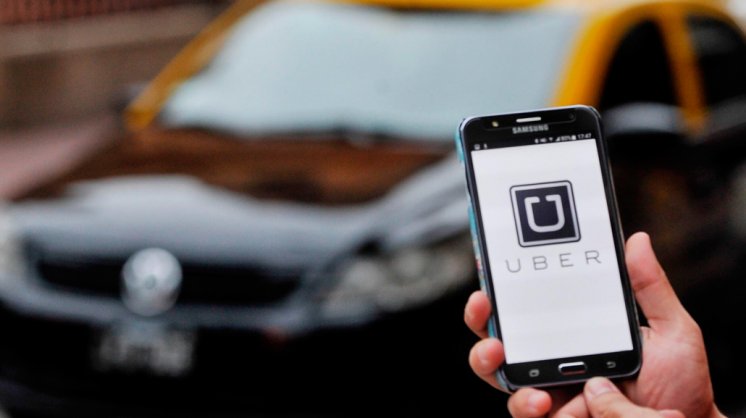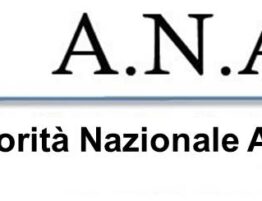
After the judgments given by the Sections Specialized in Enterprise of the Court of Milan in July 2015 and of the Court of Turin in March 2017, the “Uber” application – an IT platform which allows the connection of those who need and those who offer transport services ‒ has been discussed again before an Italian Judge, who had to rule on the compatibility (or, rather, the incompatibility) of the service with the national legislation.
In this specific case, the dispute involves “Uber Black”, which allows its users to establish direct contact ‒ via the same web application ‒ with drivers who are licenced for car and driver hire.
The dispute has been presided over by the Court of Rome, IX Civil Section, and decided by judge Alfredo Landi’s order published on 7 April 2017.
Taxi drivers trade associations, companies handling taxi and car and driver hire services, as well as some drivers, filed a precautionary application, maintaining that the “Uber Black” system does not comply with the provisions of the framework legislation on non-scheduled public car transport (Law No. 21/1992 as amended by Article 29, paragraph 1c, of Decree-Law No. 207/2008, converted into law No. 14/2009). In particular, drivers operating via the “Uber Black” service, instead of parking their vehicles in a specific parking space and receiving bookings at that same location, as provided by the law in force (Article 3, Law 21/1992), intercept costumers while driving or stopping on public roads, and therefore providing a service reserved for taxis. Moreover, “Uber” drivers are not subject to predetermined rates, as is the case with taxis, and can therefore change the consideration for their services based on developments in the market, increasing or decreasing it according to higher or lower demand. This system allows “Uber drivers” to operate permanently in municipalities and regions other than those where they have obtained their authorizations, and where the specific parking place should be located, thereby violating both the legislation regarding car and driver hire and the one regarding taxis.
Thus, the Judge of the Court of Rome acknowledged “Uber’s” undue advantage over the plaintiffs, for the non-compliance with the prices fixed for the delivery of non-scheduled public transport services and for the access to undifferentiated customers that would be otherwise impossible to reach. Having determined that such conduct meets the requirements of unfair competition pursuant to Article 2598, paragraph 3, of the Italian civil code, the Court ordered the companies of the Uber group not to provide the “Uber Black” service and all other services connected to it (e.g. Uber-Van, Uber-Tour, Uber-Suv, etc…) with reference to requests coming from the Italian territory.
Shortly after the publication of the abovementioned order, the lawyers of the multinational challenged it, requesting and obtaining its suspension, with the ensuing (temporary) return to service.
In any case, the problem raised by these Court proceedings continues to exist, i.e. whether the “Uber” service, which operates according to a foreign legislation, should and indeed ought to be limited in Italy where the legislation in force is different. The issue could be solved by means of a legislative adjustment, aiming on the one hand at generating more “competition” on the market of non-scheduled public transport services by introducing new service providers, and on the other hand at avoiding the undue advantage of some categories to the detriment of others.
(Bologna Office – Francesca Menna – 0039 (0)5 12750020)








